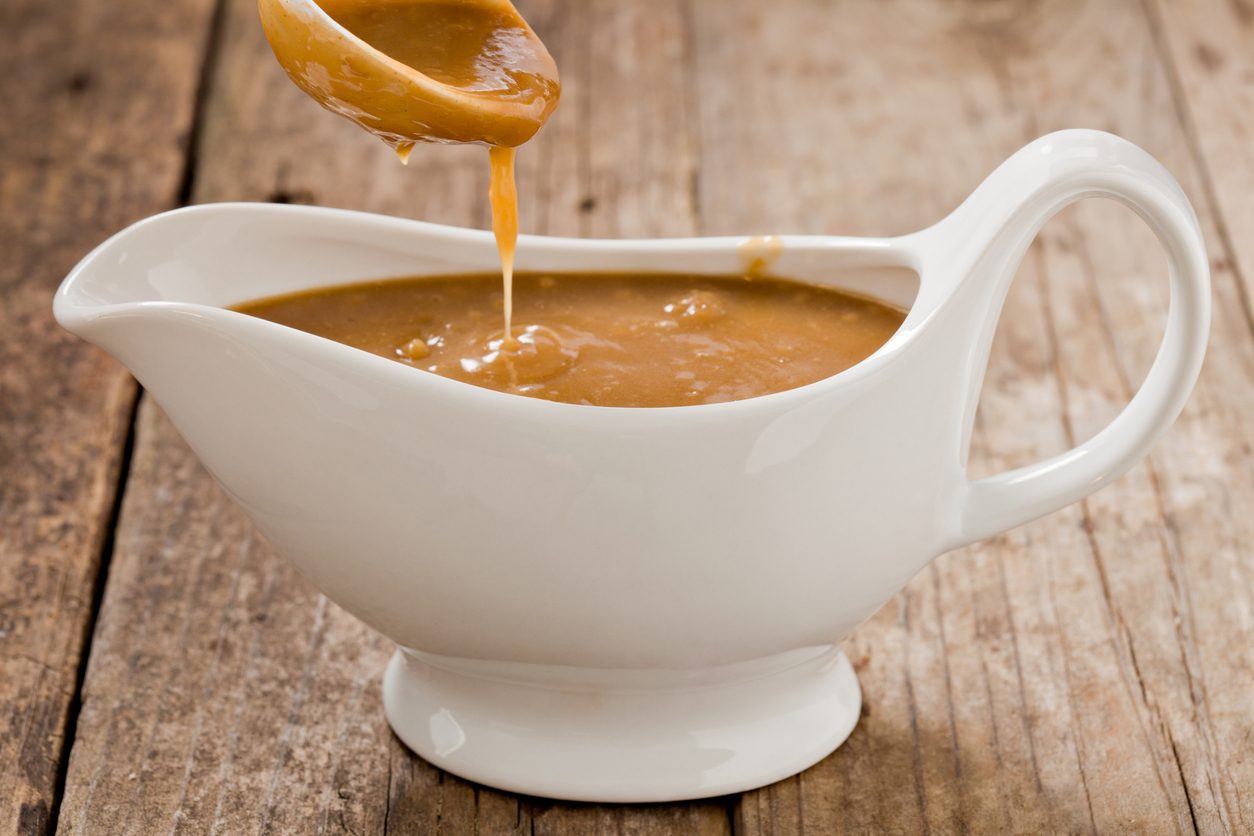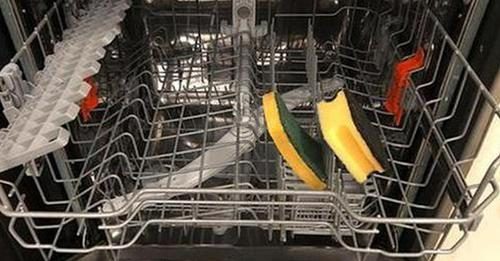Can You Freeze Leftover Wine? 6 Things You Should Know To Optimize The Process
Leftover wine from a delightful evening or a special occasion often leaves us wondering about its fate. Can you freeze that half-full bottle, or will it meet an unfortunate end in the trash? Freezing leftover wine can indeed be a viable option, but there are a few important considerations to keep in mind. In this article, we delve into the world of freezing wine, exploring the dos and don'ts to ensure you can savor that leftover vino for a future culinary creation.
;Resize,width=742;)
Yes, you can freeze leftover wine, but with a caveat. Wine contains water, and when frozen, the water molecules can expand and potentially alter the wine's taste and texture. Therefore, it's crucial to handle the freezing process with care.
Here are 6 tips that can help you optimize your leftover wine through freezing:
1. Choose the Right Wine

Before you freeze wine, consider the type. Full-bodied red wines tend to fare better in the freezer than delicate white wines. This is because the robust flavors and tannins in red wines can help mask any subtle changes that might occur during freezing.
2. Leave Room for Expansion
When freezing wine, remember to leave some space at the top of the container. As liquids freeze and expand, inadequate room could lead to a messy, wine-soaked freezer. Aim to leave about an inch of space to account for expansion.
3. Airtight Containers Are Key

Use airtight containers or freezer-safe bags to store the wine. Removing as much air as possible helps prevent oxidation, which can negatively impact the wine's flavor.
4. Label and Date
Don't forget to label your containers with the type of wine and the date it was frozen. This will help you keep track of how long it has been stored and make it easier to select the right wine for your culinary endeavors.
5. How to Thaw Frozen Wine

When you're ready to use the frozen wine, transfer it to the refrigerator to thaw slowly. Rapid temperature changes can shock the wine and compromise its quality. Once thawed, consume the wine within a few days for the best experience.
6. Cooking with Frozen Wine
Frozen wine can be a wonderful addition to your culinary creations. It's perfect for deglazing pans, adding depth to sauces, or incorporating into stews and braises. The altered flavors are often less noticeable in cooked dishes, making it a practical way to avoid wasting that last bit of wine.
It's important to note that frozen and thawed wine may not be suitable for sipping as you would with a fresh bottle. While the changes might not be dramatic, the texture and taste may have shifted slightly due to the freezing process.

Conclusively, the answer to whether you can freeze leftover wine is a qualified yes. While it's not the best option for preserving the exact taste and texture of your favorite vintage, freezing leftover wine can be a practical solution for adding depth to your culinary endeavors. By following these guidelines and utilizing frozen wine in your cooking, you can make the most of those remaining drops and continue to savor the spirit of your special occasions.
;Resize,width=767;)
;Resize,width=712;)
;Resize,width=712;)
;Resize,width=712;)
